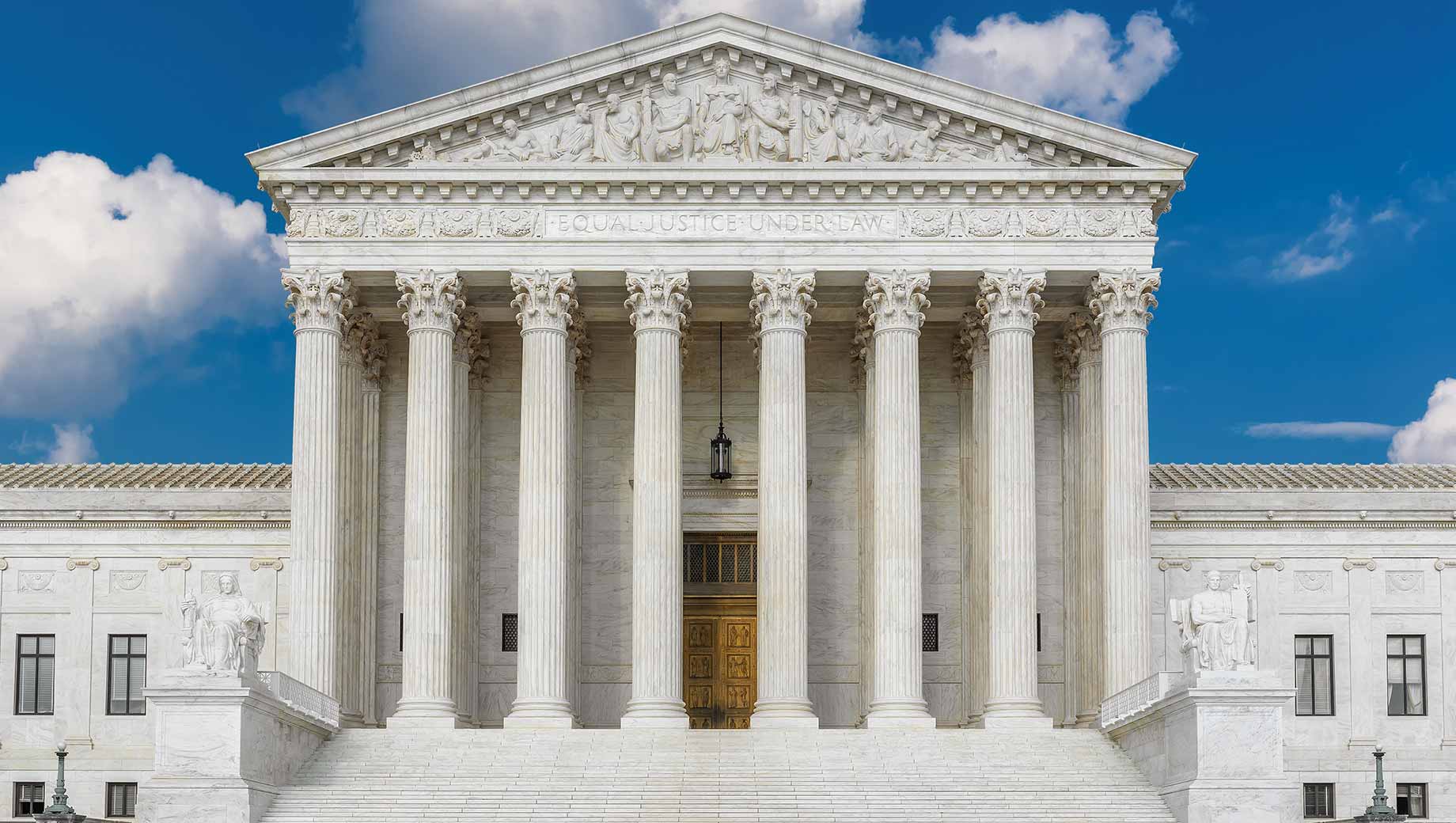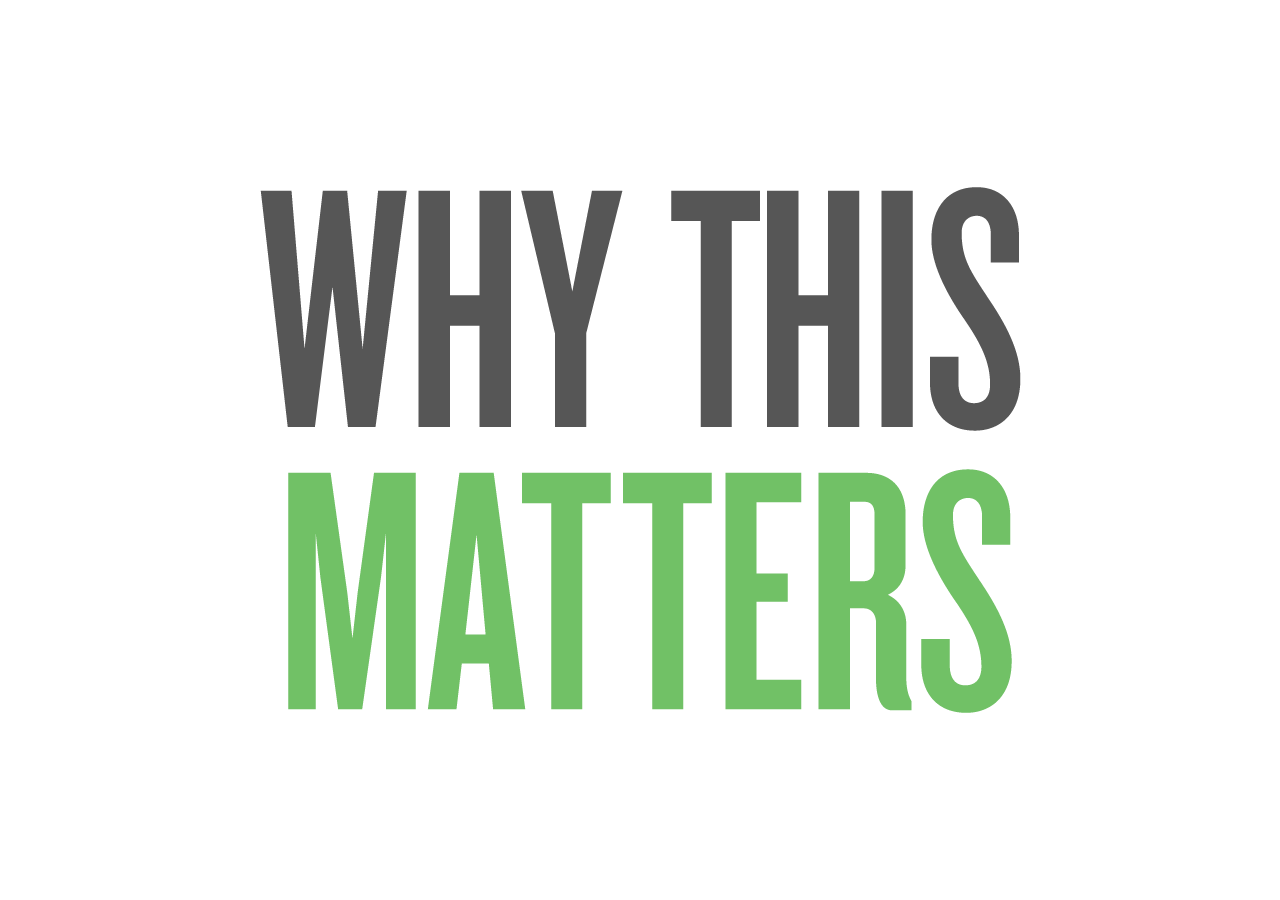Burwell v Hobby Lobby
In the case of Burwell v. Hobby Lobby,
it was argued that closely owned businesses
had the right to exercise their religion freely and might choose
not to offer certain types of contraception coverage to their
employees
if doing so would conflict with their religious convictions.
Plaintiff

Claimed that covering these forms of contraception went against their religious convictions, objected to providing coverage for them. The main claim made by Hobby Lobby was that the ACA's mandate for contraceptive coverage infringed on their right to religious freedom under the RFRA. The business argued that certain forms of contraception shouldn't be covered by insurance (plaintiff argument).
Defendant

claimed that the requirements for contraceptive coverage were necessary to guarantee women's access to crucial medical services. The contraceptive mandate was cited as the main justification for the US government's position that women needed to have access to basic healthcare services. And that undermining the ACA's goals and efficacy by allowing corporations a religious exemption (defendant argument).
Constitutional Questions

- Since the lower courts reached conflicting conclusions regarding whether for-profit businesses, particularly closely held ones, could claim a religious exemption from the Affordable Care Act's requirement that they cover contraception, the case was appealed to the Supreme Court.
- The Supreme Court agreed to hear the case because it raised a significant and divisive question regarding how to interpret the First Amendment and the Religious Freedom Restoration Act.
- The Supreme Court agreed to hear the case because it raised a significant and divisive question regarding how to interpret the First Amendment and the Religious Freedom Restoration Act.
Supreme Courts Decision

Significance of the Case

The case was significant because it reduced the ACA's mandate that all employers cover contraceptives and broadened the scope of corporate rights to exercise their religion. It had implications for how much contraceptive coverage was required by the ACA, the rights of corporations to practice their religion, and ongoing discussions about the place of corporations in American society.
Bibliography
- Burwell v. Hobby Lobby Stores, Inc. (n.d.). Quimbee. https://www.quimbee.com/cases/burwell-v-hobby-lobby-stores-inc
- Burwell v. Hobby Lobby (2014) | The Embryo Project Encyclopedia. (n.d.). https://embryo.asu.edu/pages/burwell-v-hobby-lobby-2014#:~:text=In%20the%202014% 20case%20Burwell,corporations'%20right%20to%20religious%20freedom
- National Archives and Records Administration. (n.d.). The constitution of the United States: A transcription. National Archives and Records Administration. Retrieved March 12, 2023, from https://www.archives.gov/founding-docs/constitution-transcript